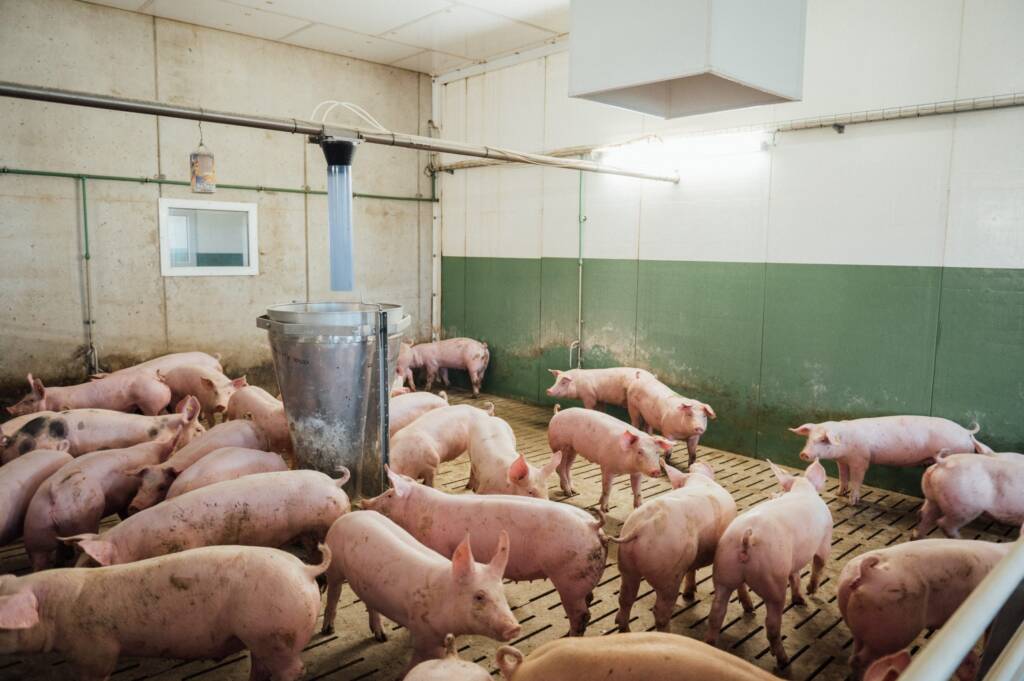On May 13, 2025, the Austrian Parliament passed a new legal norm on pig farming, which affects the transition period for so-called unstructured fully slatted pens. After confirmation by the Federal Council on 27 May it entered into force on June 1, 2025.
This legislative amendment is the result of a decision by the Austrian Constitutional Court at the beginning of 2024. The court had objected to the previous 17-year transition period until the end of 2039 to end the use of unstructured fully slatted pens and called on the legislation to prepone and justify the deadline. In response, the new regulation now stipulates that the use of unstructured fully slatted pens for rearing piglets, fattening pigs, and breeding pigs must end by June 1, 2034, at the latest. From this date, the requirements of the “new group housing” regulations apply.
There is an exception for farms that either built new facilities between June 2018 and December 2022, or modified the floor or pen size of existing units during this period. These farms may continue to use unstructured, fully slatted pens for up to 16 years from the completion. However, this requires notification to the responsible district authority by December 31, 2027, along with documentation of the structural changes.
In addition, a new regulation on stocking density will come into force on June 1, 2029. This applies to pigs of 30 kilograms and above. New specifications on enrichment materials for rearing and finishing pigs will also apply from this date. Buildings or conversions approved after January 1, 2023, are not affected by this transitional regulation, as they already comply with the new group housing regulations.
The “new group housing” regulations will significantly increase welfare standards in pig farming. It prohibits unstructured fully slatted pens and requires a resting area of at least one-third of the pen area. In addition, enrichment materials must be provided, and there are higher requirements regarding pen size and space per animal, as well as temperature zones and cooling options for certain housing types.
The amendment to the law also provides for an ongoing scientific assessment of the minimum standards in pig farming. Two large-scale practical projects (IBeST and IBeST+) will evaluate these standards by the end of 2026.
Another change affects the service life of 23 years for housing that already meets the new requirements. This time span is no longer effective. Instead, the new Animal Welfare Act merely states in general terms that “sufficiently long transitional periods” should be provided, taking into account the lifespan of housing systems.
Overall, the new regulation aims to further improve animal welfare in pig farming while simultaneously providing planning security for farms through clearer transitional regulations. The focus is on a gradual phase-out of conventional fully slatted systems towards more animal-friendly group housing.


